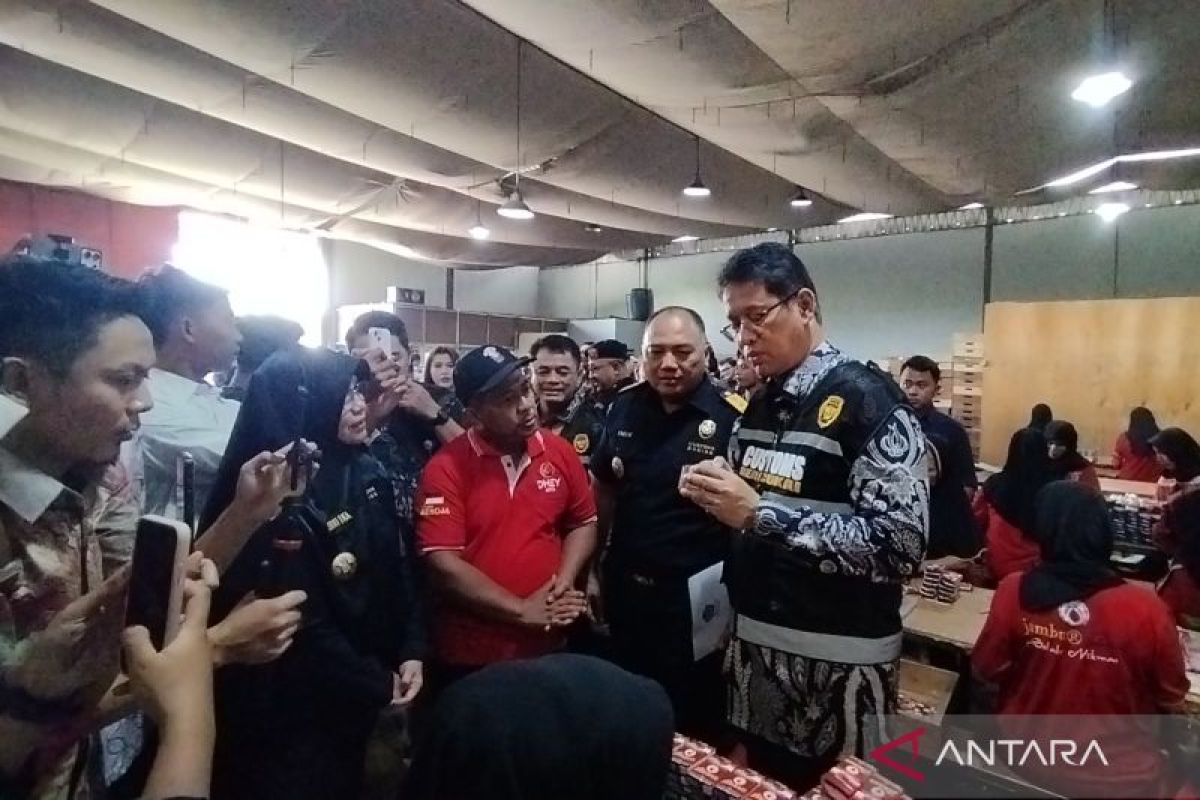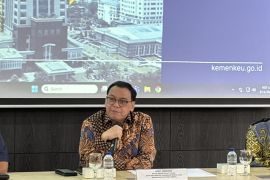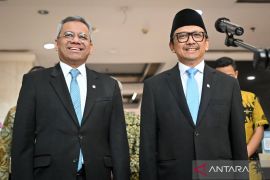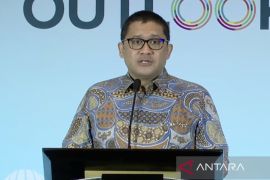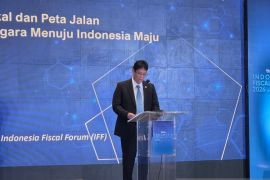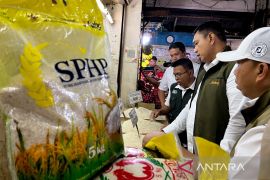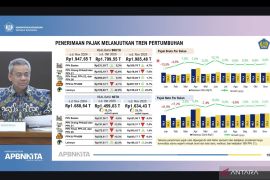“The government’s efforts are not only about enforcement but also about providing a legal path for businesses that have long operated in the illegal sector,” he said during a working visit here on Friday.
He delivered the remarks while visiting the Small Tobacco Industry Zone (LIK-IHT) or Tobacco Products Factory Agglomeration (APHT) in Kudus District, Central Java.
Sadewa stressed that if small producers lack capital, the government will seek ways to assist them. However, those who continue operating illegally will face firm action from the Customs and Excise Office.
After these opportunities are offered, he added, enforcement and supervision will be strengthened to ensure fair competition in the tobacco market.
“Our goal is a fair market for both large and small industries, so all can thrive. Jobs must be protected, but taxes must be paid,” he emphasized.
He also noted that the ministry is reviewing appropriate mechanisms to help small businesses survive without disrupting market fairness.
Sadewa underlined the importance of transitioning illegal businesses into legal industry zones such as LIK-IHT, where they can be formally registered and supervised.
He further reaffirmed the government’s commitment to safeguarding import channels from misuse in distributing illegal goods.
“Customs and Excise will be stricter in supervising the inflow of goods,” he said.
He expressed hope that structuring tobacco industry zones would reduce illegal trade and promote healthy competition.
“Everything will be legal, creating healthier competition. We will close the door on illegal imports as much as possible,” he concluded.
Illegal cigarettes are products distributed without meeting legal requirements, often because no excise tax is paid or the tax is covered with counterfeit, reused, or misused excise stamps.
Their main characteristics include the absence of an excise stamp, the use of counterfeit stamps that can be identified from poor printing or paper quality, the use of previously used stamps, or the use of stamps designated for other purposes.
Cigarette excise is a government levy imposed on tobacco products such as cigarettes, cigars, and clove cigarettes. The policy aims to control consumption and reduce negative impacts on health and the environment, while also serving as state revenue.
The imposition of excise also functions to influence consumer behavior, encouraging people to avoid purchasing products that may cause harmful effects.
Related news: RI Govt weighs tobacco tax hike, eyes worker impact
Related news: Indonesia reviews cigarette excise amid forgery, manipulation claims
Translator: Akhmad, Kenzu
Editor: Primayanti
Copyright © ANTARA 2025
